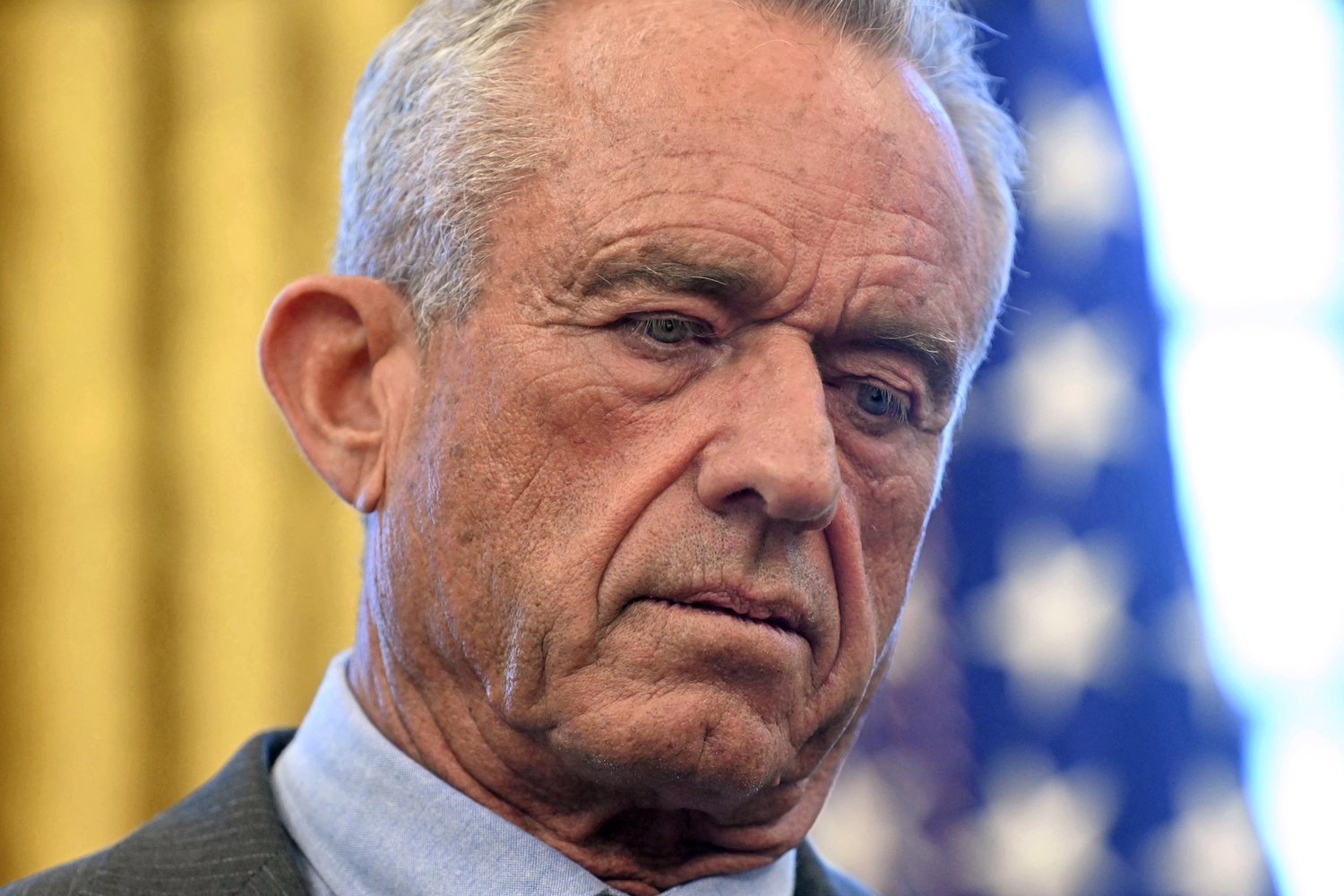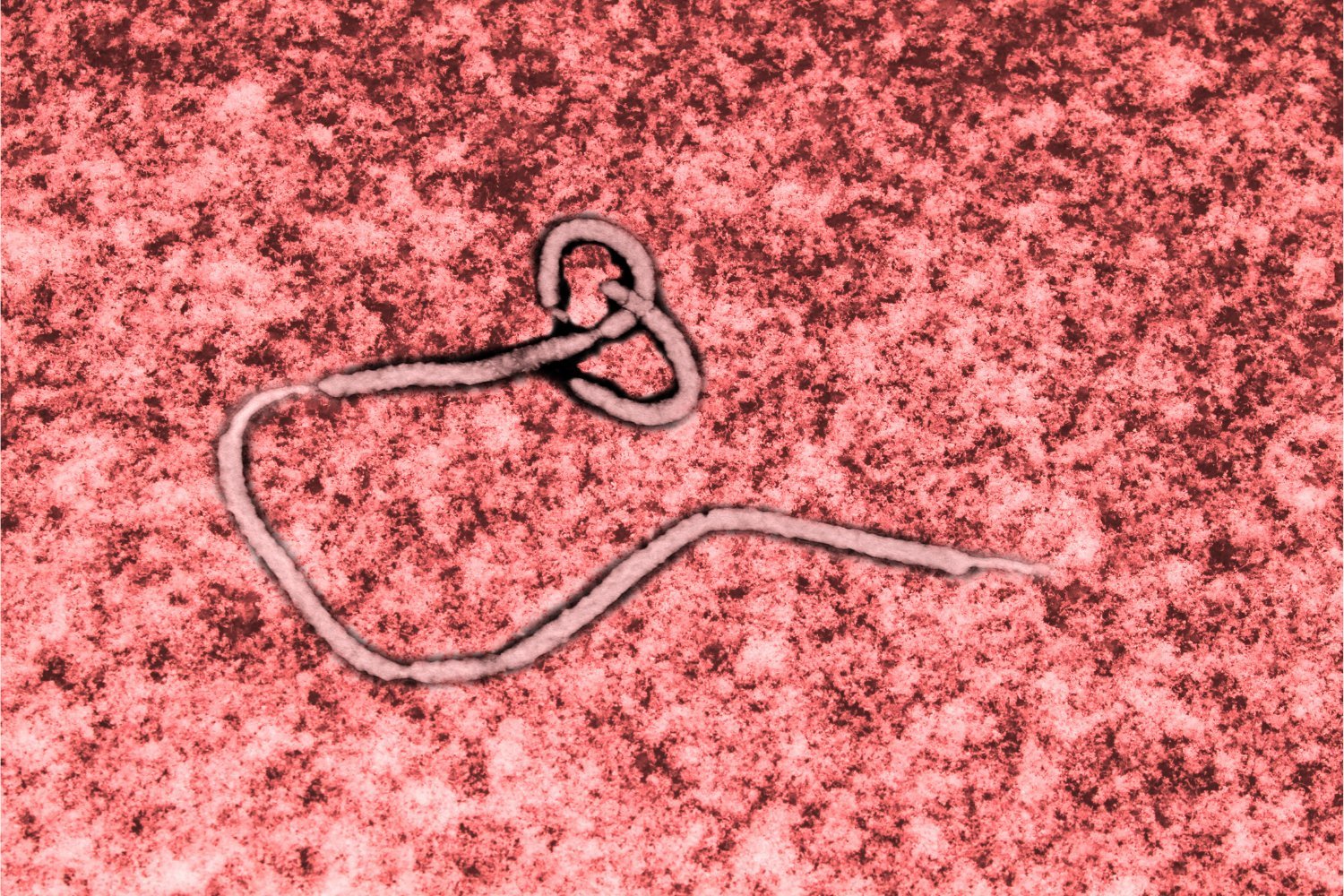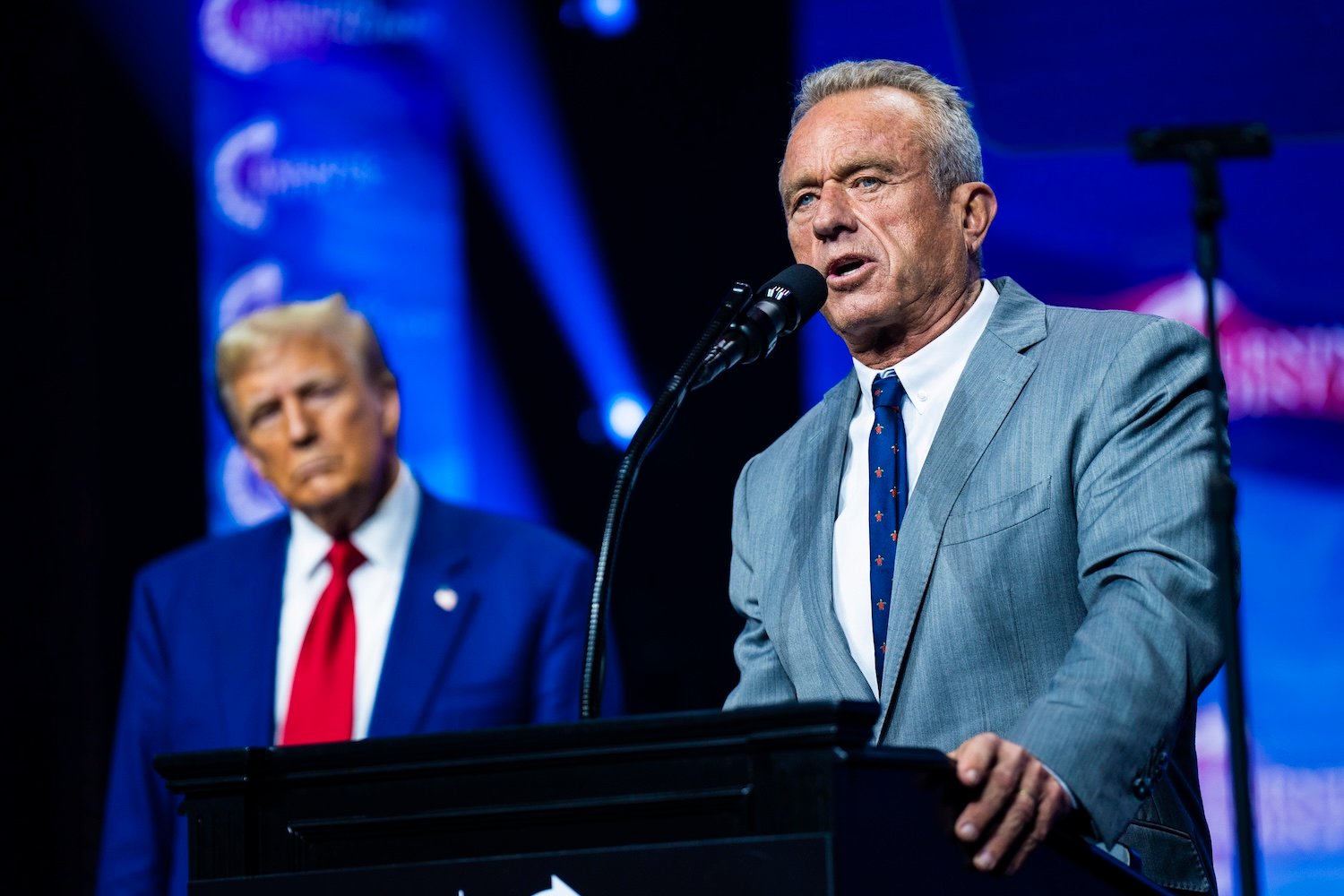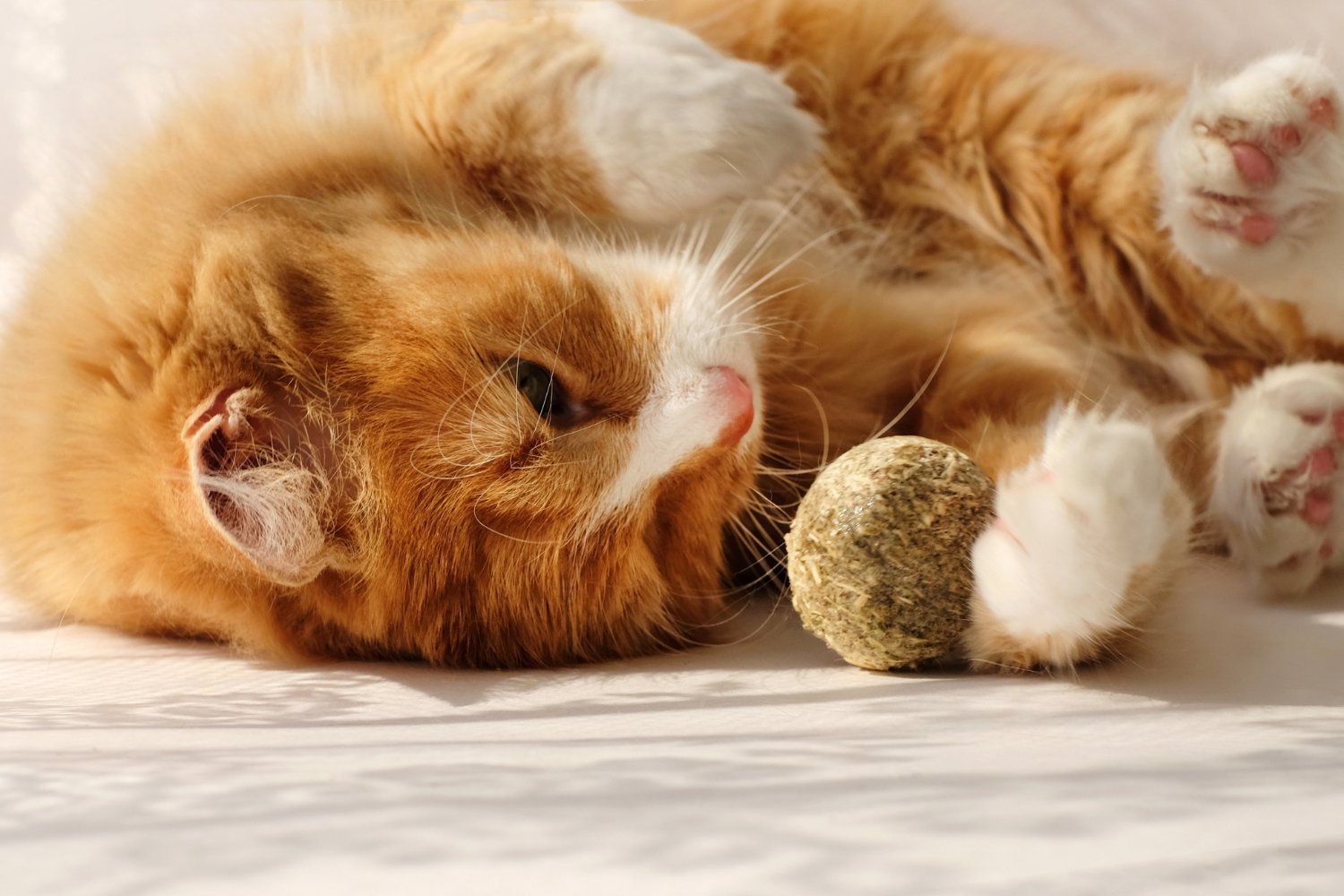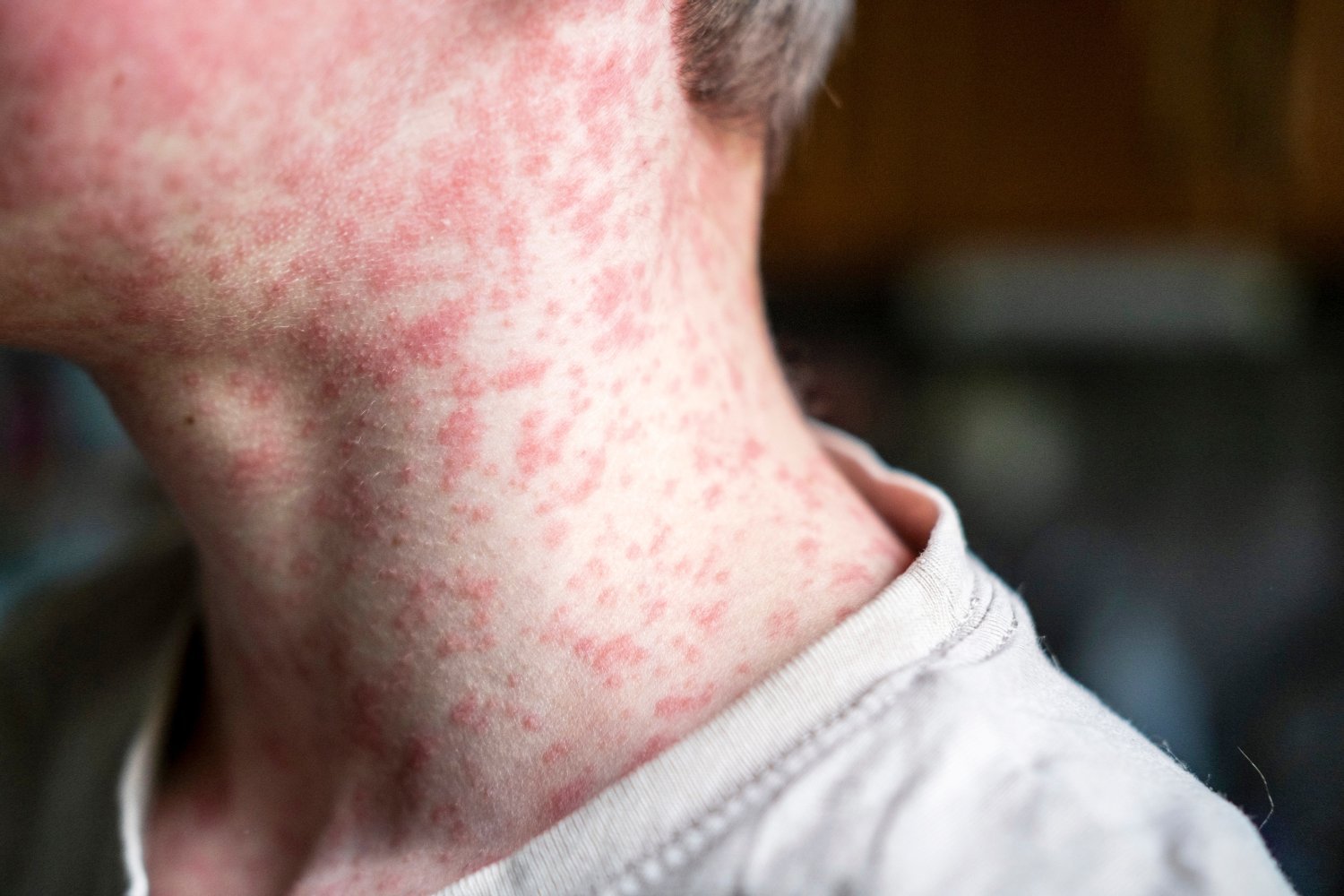Robert F. Kennedy Jr., America’s newly appointed health czar, has sparked controversy with his proposed approach to the ongoing bird flu epidemic. His strategy, which involves allowing the virus to “run through the flock” to identify naturally immune birds, has been met with strong criticism from experts and officials.
Kennedy’s comments, made during a recent Fox News interview and reported by The New York Times, suggest a belief that allowing the virus to spread unchecked will reveal birds with natural immunity. He has reiterated this idea on multiple occasions. While the Department of Health and Human Services, which Kennedy leads, focuses on human health, his perspective on disease management raises concerns. The Department of Agriculture is the primary agency responsible for animal health.
Experts have condemned Kennedy’s approach. Dr. Gail Hansen, former state veterinarian for Kansas, described it as a “really terrible idea” and a “recipe for disaster” in an interview with The New York Times. The consensus among experts is that allowing the virus to spread freely would likely lead to mutations and increased virulence, rather than the development of natural immunity.
Current and former federal officials and scientists echoed these concerns, highlighting the potential for significant economic losses for farmers and increased bird mortality. The New York Times quoted a USDA scientist, speaking anonymously, who emphasized the negative economic impact of Kennedy’s proposed strategy: “The strategy ‘means longer quarantine, more downtime, more lost revenue and increased expenses.'”
Furthermore, experts dispute Kennedy’s suggestion that some poultry might possess natural immunity to bird flu. Chickens and turkeys, they explain, lack the necessary genetic resistance to the virus. Dr. Hansen pointed out the lack of genetic diversity in modern poultry farming: “The way we raise birds now, there’s not a lot of genetic variability. They’re all the same bird, basically.”
Kennedy’s stance on bird flu adds to existing concerns about his qualifications to lead the HHS. He has openly admitted to not being a scientist and lacking scientific expertise. His nomination has faced criticism in light of his controversial views on vaccines and his decision to cut funding for crucial health research, including cancer treatments. Additionally, his seeming indifference to the economic impact of the bird flu epidemic, which has contributed to rising egg prices, has further fueled criticism.
While Kennedy has taken steps to promote the use of tallow, a decision lauded by some, this action pales in comparison to the broader concerns surrounding his leadership of the HHS and his approach to public health issues. The controversy surrounding his bird flu strategy underscores the importance of scientific expertise in shaping public health policy and the potential dangers of prioritizing ideology over evidence-based decision-making.



